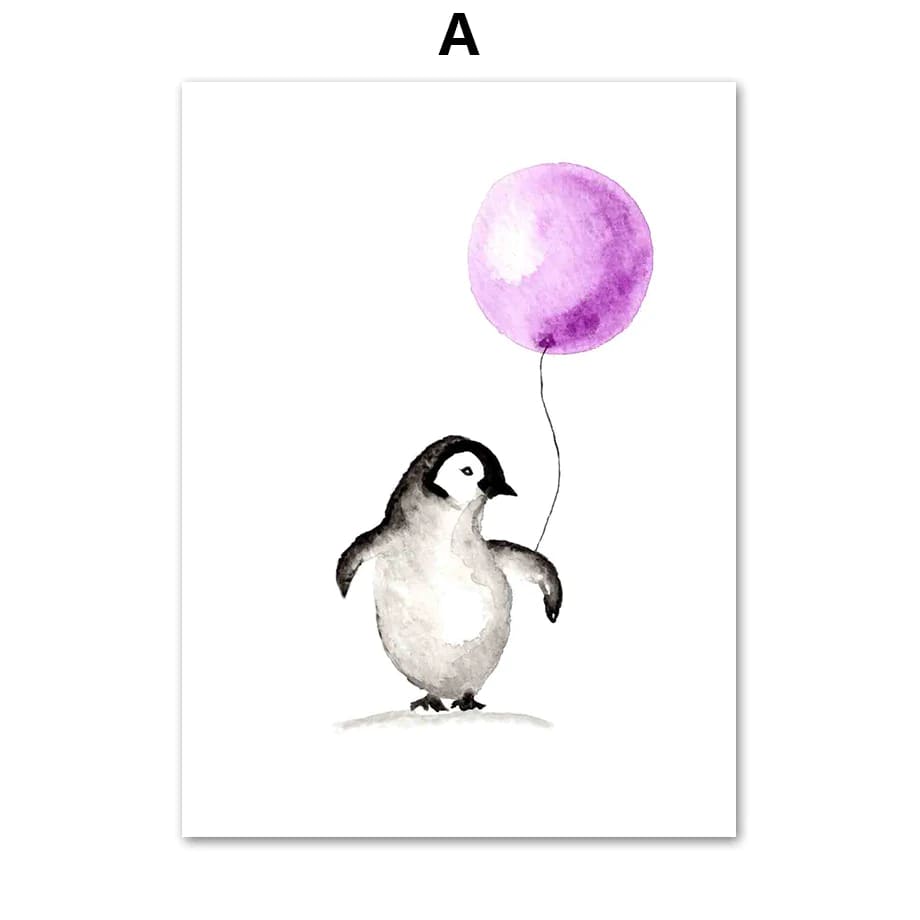Could Penguins Go Extinct? Exploring the Future of these Playful Creatures
Threats Facing Penguins in the Modern World
As beloved icons of the animal kingdom, penguins have captured our hearts with their adorable waddles and playful personalities. However, behind their endearing exterior lies a concerning threat to their existence. Climate change and melting ice caps have resulted in the loss of penguin habitats and a decline in their population. Increased fishing practices and pollution further add to the challenges faced by these incredible creatures. It is imperative that we understand the factors endangering their survival to take action and prevent their potential extinction.
Climate change destabilizes the fragile ecosystem that penguins rely on. Rising temperatures melt the ice essential for their breeding colonies, making it harder for them to raise their chicks. The lack of sea ice also disrupts the penguins' food chain, as they primarily feed on krill and small fish that live beneath the ice. Without this stable food source, penguins struggle to survive and reproduce.
Impact of Human Activities on Penguin Populations
Human activities, particularly overfishing, have a profound impact on penguin populations. Penguins rely on a healthy marine ecosystem to find an abundance of prey. However, excessive fishing practices, such as the targeting of penguins' main food sources, can lead to food scarcity for these birds. Pollution, especially plastic waste in the oceans, poses a significant threat as well. Penguins often mistake plastic debris for food, which can lead to malnutrition and even death.
Oil spills are another grave danger to penguins. These spills contaminate their feathers, making them unable to swim or regulate their body temperature properly. They are also likely to ingest oil while trying to clean their feathers, causing internal damage. The long-term effects of such incidents can have a devastating impact on penguin populations, further pushing them towards extinction.
Human disturbance in breeding colonies can disrupt penguins' natural behavior and cause stress, leading to abandonment of nests or chicks. Tourists and researchers must adhere to strict guidelines to minimize their impact on these vulnerable creatures and ensure their protection.
Conservation Efforts and Hope for the Future
To combat the threats facing penguins, several conservation efforts are underway. Organizations like the World Wildlife Fund (WWF) and the Antarctic and Southern Ocean Coalition (ASOC) are actively working to establish marine protected areas and regulate fishing practices to preserve penguin habitats. Additionally, reducing greenhouse gas emissions and transitioning to renewable energy sources can mitigate the effects of climate change and protect penguin populations.
Efforts to raise awareness about the importance of penguins and their habitats are also crucial. By educating the public and promoting responsible tourism, we can ensure that human activities have a minimal impact on these adorable creatures. Supporting conservation organizations financially and through volunteer programs is another way individuals can contribute to the survival of penguins.
While the future of penguins may seem uncertain, it is not too late to reverse the damage and prevent their extinction. With concerted efforts from individuals, governments, and organizations worldwide, we can ensure that these playful creatures continue to thrive in their icy homes for generations to come.
The Importance of Penguins in Ecosystem Balance
Penguins are not only beloved creatures that appeal to our sense of cuteness; they also play a vital role in maintaining the balance of their ecosystems. These flightless birds are considered keystone species, meaning their presence or absence directly affects the overall ecosystem dynamics. Let's explore their significance and the consequences of their potential extinction.
One of the key contributions penguins make is their impact on nutrient cycling. Their diet primarily consists of krill and fish, which are both rich in nutrients. When penguins feed, they digest these nutrients and subsequently excrete them into the surrounding water. This process, known as nutrient deposition, enriches the waters and supports the growth of phytoplankton, which forms the base of the aquatic food chain.
Link Between Penguins and Biodiversity
Penguins also play a crucial role in maintaining biodiversity, particularly in their breeding colonies. Their excrement acts as a fertilizer for vegetation, promoting the growth of specialized plants adapted to their nutrient-rich waste. These plants, in turn, provide nesting sites for other seabird species and contribute to the overall diversity of the ecosystem. The loss of penguins could disrupt this delicate balance and lead to a decline in biodiversity.
Penguin colonies serve as important habitat refuges for other marine species as well. As penguins congregate in large numbers, their presence creates a safe haven for various organisms, including fish, crustaceans, and marine mammals. These sanctuary-like environments provide protection from predators and serve as nurseries for many species. Without penguins, these habitats would be altered, potentially leading to cascading effects on the entire ecosystem.
The Ecotourism and Economic Importance of Penguins
Aside from their ecological role, penguins also contribute to local economies through ecotourism. Their charming antics and unique behaviors attract visitors from around the world, boosting tourism in regions like Antarctica, South Africa, and the Galapagos Islands. The income generated from penguin tourism supports local communities and helps fund conservation efforts, further demonstrating the importance of preserving these charismatic creatures.
Furthermore, scientific research conducted on penguins provides valuable insights into various fields of study, including climate change, marine biology, and genetics. By studying penguins, scientists can better understand the intricate workings of our planet and develop strategies to mitigate the impact of human activities on fragile ecosystems.
The Adaptability and Resilience of Penguins
Despite facing numerous threats, penguins have proven to be incredibly resilient and adaptable creatures. With their various physical and behavioral adaptations, they have managed to survive in some of the harshest environments on Earth. Let's explore the remarkable traits that make penguins highly suited to their challenging habitats.
Penguins have streamlined bodies and efficient flippers that allow them to navigate through the water with incredible agility. Their wings, transformed into flippers, enable them to swim swiftly, reaching speeds up to 20 miles per hour. Underwater, they use their webbed feet as rudders, steering with precision as they hunt for prey.
Thermal Adaptations for Extreme Environments
To thrive in freezing temperatures, penguins possess several thermal adaptations. Their dense layer of feathers acts as insulation, trapping air and preventing heat loss. They also have a thick layer of blubber beneath their skin, providing additional insulation and energy reserves to endure long periods without food. To combat heat loss from their feet while standing on ice, penguins have a unique adaptation called a "countercurrent heat exchange." Blood vessels in their legs and feet are arranged so that warm arterial blood is cooled by the cold venous blood returning from their extremities.
Penguins' ability to fast for extended periods is another admirable adaptation. During breeding seasons, when they are confined to their nests, male Emperor penguins can go without food for over two months. They survive by relying on their fat stores and minimizing energy expenditure through reduced activity and lower metabolic rates.
Behavioral Adaptations for Survival
Behavioral adaptations also contribute to the survival of penguins. Many species form breeding colonies, where they gather in large numbers to find mates, share warmth, and protect each other from predators. This behavior increases their chances of successful reproduction and reduces the risk of individual predation.
Another notable behavior observed in penguins is their communal parenting. After laying eggs, female penguins transfer them to their male partners, who then incubate them by keeping them warm against their brood pouches. This allows the females to journey to the sea to replenish their depleted energy reserves. Once the chicks hatch, both parents share the responsibility of feeding and protecting them until they are old enough to fend for themselves.
In conclusion, penguins face numerous threats, including climate change, pollution, and human disturbance. However, through dedicated conservation efforts and global awareness, we have the power to prevent their potential extinction. Penguins play a vital role in maintaining ecosystem balance, promoting biodiversity, and generating economic opportunities through ecotourism. Their remarkable adaptations demonstrate their resilience and ability to survive in even the harshest environments. By protecting and preserving penguins, we not only ensure their future but also safeguard the delicate ecosystems they inhabit.



























